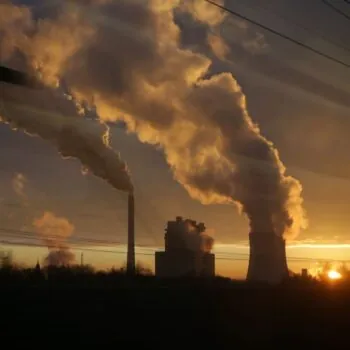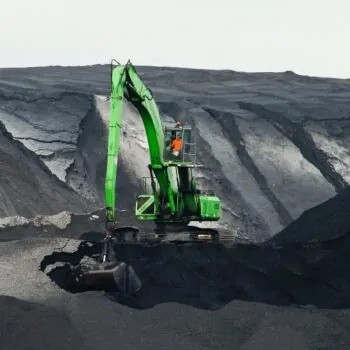(Update: SSE have confirmed that three of the four units at Fiddlers Ferry will continue to operate for up to a further year)
Another UK coal-fired power plant is expected to stop generating this week, bringing to three the number of power stations that will have ceased operating this month. But consumers were reassured that the lights will stay on.
E3G, the independent climate and energy think tank, says the industry has been preparing for years and that the electricity system will easily be able to cope.
The station expected to cease operations is Eggborough. It will keep units in reserve to provide back-up power in the event of a shortage.
Two other stations, Longannet in Scotland and Ferrybridge, closed last week. With a further power plant, Rugeley, to cease operations in the summer, 8GW of capacity will have been retired in 2016.
Fiddlers Ferry had also been scheduled to close this week but the day before its closure an additional contract for ancillary services was secured. The plant will now remain open ahead of the new capacity auction. This highlights the uncertainty around the continued subsidisation of coal and other dirty energy sources that the current capacity auction perpetuates.
This will leave the UK with 6 remaining fully operational coal-fired power stations. The Government has set a target of ending all coal-fired power generation by 2025
The UK’s coal-fired power stations are very old and many have had multiple life extensions. In 2014 the UK’s 10 coal plants were responsible for 20% of the UK’s carbon emissions and nine of them featured in Europe’s top ‘Dirty 30’ coal plants.
E3G has released a briefing on the closure of the coal fired power stations which shows that:
- The closing coal plants are ripe for retirement, having been constructed in the late 1960s or early 1970s.
- The closure of coal plants and their replacement by low carbon generation is a transition that the power industry has been expecting, and preparing for, for many years.
- A similar level of coal plant retirements took place during 2012-14 as old coal plants were shut rather than upgraded to meet improved air pollution standards.
- As system operator, National Grid has many ways to preserve security of supply. ‘Power cuts’ for households are typically related to a failure of the local distribution network rather than a shortage of generation supply.
- Internationally, a broader structural shift away from coal-fired generation is underway. This reflects the age profile of coal plants as well as the increasing attractiveness of renewables and gas-fired generation in key markets.
Jonathan Gaventa, Director of E3G said:
“Closure of these coal plants is both expected and necessary. The UK has plenty of options to cover the loss of coal-fired power through energy efficiency, renewables, interconnection with other countries and smart demand. This combination can deliver low-cost electricity reliably and quickly.”
Simon Skillings, Senior Associate of E3G said:
“The replacement of coal by low carbon generation is a transition the power industry has been expecting for years. National Grid has many ways to preserve security of supply and it is virtually inconceivable that we are facing a situation that leads to loss of supply to any smaller consumers.
The government’s challenge is to make the UK a more attractive place for energy investors so that consumers do not pay the additional costs required to keep the remaining coal generation any longer than is necessary."
Available for comment
Jonathan Gaventa is available for commentary and can speak to concerns around UK energy security from the phase out of coal power and what actions the UK should take to deliver a low-cost power system.
Please contact him directly +44 (0) 7825 409 469, jonathan.gaventa@e3g.org
ENDS
Notes to Editors
The Briefing Note is available for download here
E3G is an independent global think tank, working to accelerate the transition to a low-carbon economy. E3G specialises in climate diplomacy, climate risk, energy policy and climate finance.
In 2016, E3G was ranked the number one environmental think tank in the UK by the Go To Think Tank Index, second in Europe and sixth in the World.


